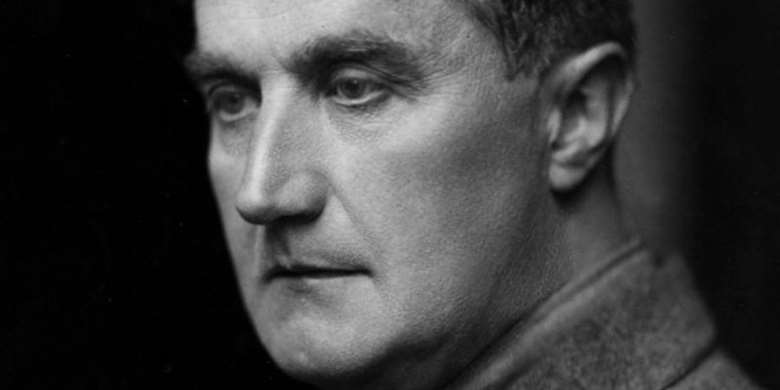The best way to celebrate Vaughan Williams on his 150th
Martin Cullingford
Thursday, September 15, 2022
Gramophone's Editor introduces the October issue

When I explore music of past periods with composers, performers or writers – as indeed I recently did with Edward Seckerson about Mahler for our hour-length Gramophone podcast – one of the things I always try and do is get a fuller understanding of the context of that composer’s work relative to their peers. Nobody composed in isolation – they were all informed by what they inherited (even if to react against it), and were invariably part of an era, style or school (even if they then pushed it to further levels, or even extremes). Composers, like all great creatives, both reflect the social and cultural world they are part of, but often help shape it too, and certainly shape how we think of a period when looking back on it, just as does an era’s architecture and literature.
But one of the greatest ways a composer’s music can be set in context is by how they shaped those that followed. And that’s how we decided to mark the 150th anniversary of the birth of Ralph Vaughan Williams. His life story, his fascination with folk music, his innovative and progressive exploration of the symphonic form, all have been told before – many times, including in the pages of Gramophone – and so we felt an appropriate tribute (particularly for one whose legacy includes a Trust committed to commissioning new music) was to talk to some of today’s leading composers about the formative role Vaughan Williams’s music played in their work.
Richard Bratby thus interviewed figures including Mark-Anthony Turnage, Sir James MacMillan and Nicola LeFanu – who in turn remark on what composing colleagues of theirs who are no longer with us also felt about his music. What emerges is a figure whose work proved inspiration, education and a challenge to follow on from. As well as stylistic inspiration, the article also reminds us of Vaughan Williams’s commitment to writing music for amateur groups, a significant legacy that’s honoured by many events in the anniversary year, not least of which, running from October 8 to 15, is an open invitation for singers in churches, schools, choirs and festivals to take part in a week of music-making organised by the Royal School of Church Music called ‘In Every Corner Sing’.
For a figure like Vaughan Williams to continue to inspire the next generation requires several things. One is that there is a commitment to passing his music on through education, and that too is part of the RVW year, with resources being made freely available to schools thanks to a joint initiative by the Vaughan Williams Charitable Trust and the Music Teachers’ Association. Secondly, of course, that there continues to be such splendid performances of his music as we’ve become accustomed to, including – particularly close to Gramophone’s heart – on record, whether that be the itosymphonies in superb new interpretations from the likes of the Hallé, or fascinating rarities lovingly and generously presented in glorious releases from Albion Records. But most of all, it requires that people listen to Vaughan Williams’s extraordinary body of music with open ears, and to discover its riches for themselves – and what better tribute can anyone pay to him in this anniversary year than that?
Gramophone's October issue is on sale now - find out more









